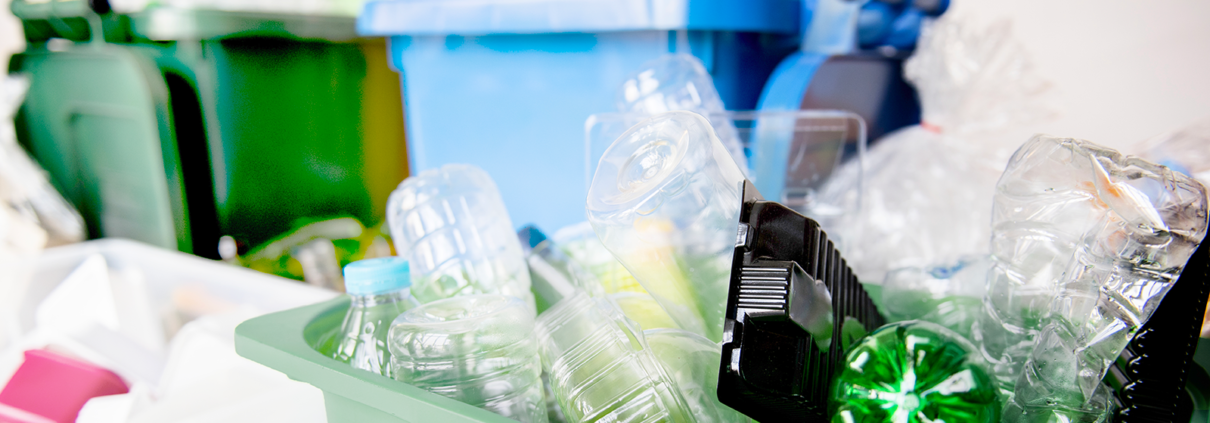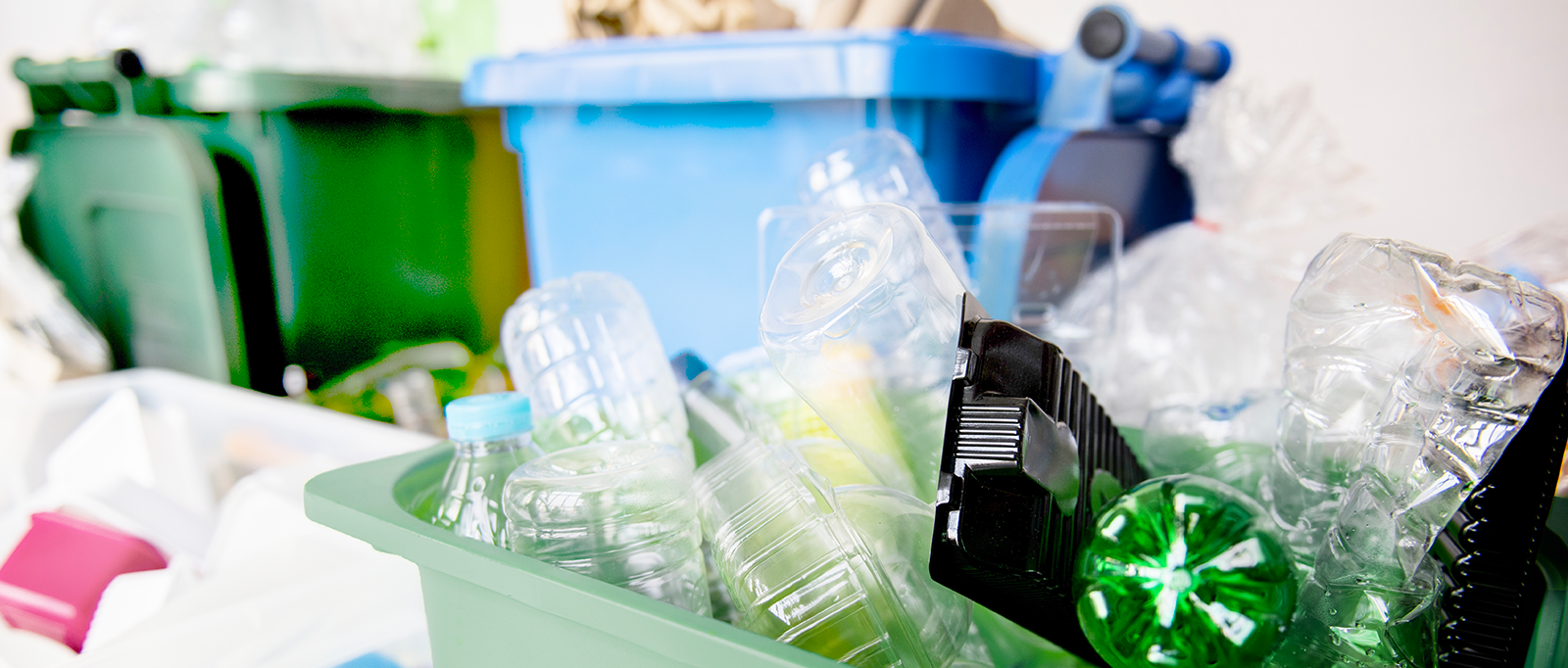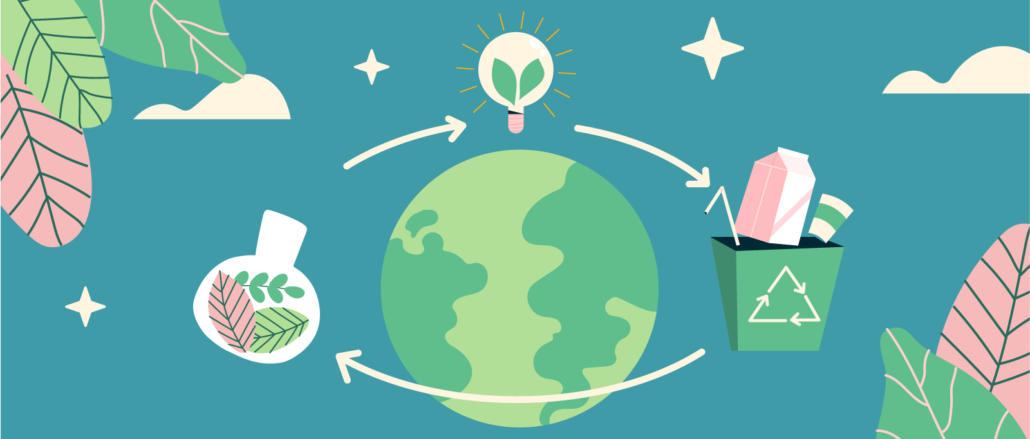
The circular economy is an economic model designed to optimize the use of natural resources and reduce waste by promoting the reuse, repair and recycling of products and materials. The aim is to create a virtuous circle in whichone person’s waste becomes another’s raw material, thereby reducing environmental impact and promoting a more sustainable economy.
The circular economy aims to make progress in a number of areas
- Sustainable sourcing;
- Eco-design;
- Industrial and territorial ecology;
- The functionality economy;
- Responsible consumption;
- Extending the period of use;
- Improving waste prevention, management and recycling;
Industrial and territorial ecology consists in optimizing the flow of resources used and produced in a given area, while limiting environmental impact and improving economic competitiveness and attractiveness. It is the voluntary pooling of resources by economic players in an area, with a view to saving them or improving their productivity. Industrial and territorial ecology is one of the territorial components of the circular economy.
Government initiatives
The national inter-company synergy program is an experiment supported by the French Ministry of the Economy and Finance, which has been carried out in four pilot regions. It aims to create a network of companies to increase opportunities for synergies and match available resources with the needs of others. Companies are supported in implementing their synergies, and reporting is carried out by the local programme coordinator.
The benchmark for assessing the performance of industrial and territorial ecology initiatives is a self-assessment tool for industrial and territorial ecology initiatives launched with the support of the Ministry. Its aim is to give those involved in the field a tool for self-assessment as part of a continuous improvement process, and to provide funders with information on the progress of the project.
The national network of players in industrial and territorial ecology is a network launched by the Ministry in conjunction with Ademe. It brings the community together and encourages sharing between players, puts forward proposals for rolling out industrial and territorial ecology and assesses its level of maturity in France on an annual basis.
The Ministry has published two methodological guides to help local players implement industrial and territorial ecology projects.
The guide « Écologie industrielle et territoriale: le guide pour agir dans les territoires » (Industrial and territorial ecology: a guide to local action) contains arguments for local authorities and companies on the benefits of industrial and territorial ecology. It sets out guidelines for rolling out this approach, recommendations for linking it with local sustainable development projects, a panorama of feedback and a dozen detailed fact sheets on French initiatives. The last chapter contains resources dedicated to industrial and territorial ecology.
The methodological guide « Material flow accounting in regions and departments ». offers a territorial adaptation of Eurostat’s methodology for building material flow accounts at a sub-national level. It provides the keys to analysing the results of this construction, while acknowledging the limitations of this exercise and suggesting ways of overcoming them.
With this in mind, CircularPlace has developed a marketplace for the resale of your unsold non-food products between professionals, and puts you in touch with non-profit organizations to recover your products.
You can also opt for a white label solution that will allow your company to circularize your equipment internally and to engage your employees around ecological themes.
Don’t throw away any more, opt for the second hand!
Read also
Questions about CircularPlace?



